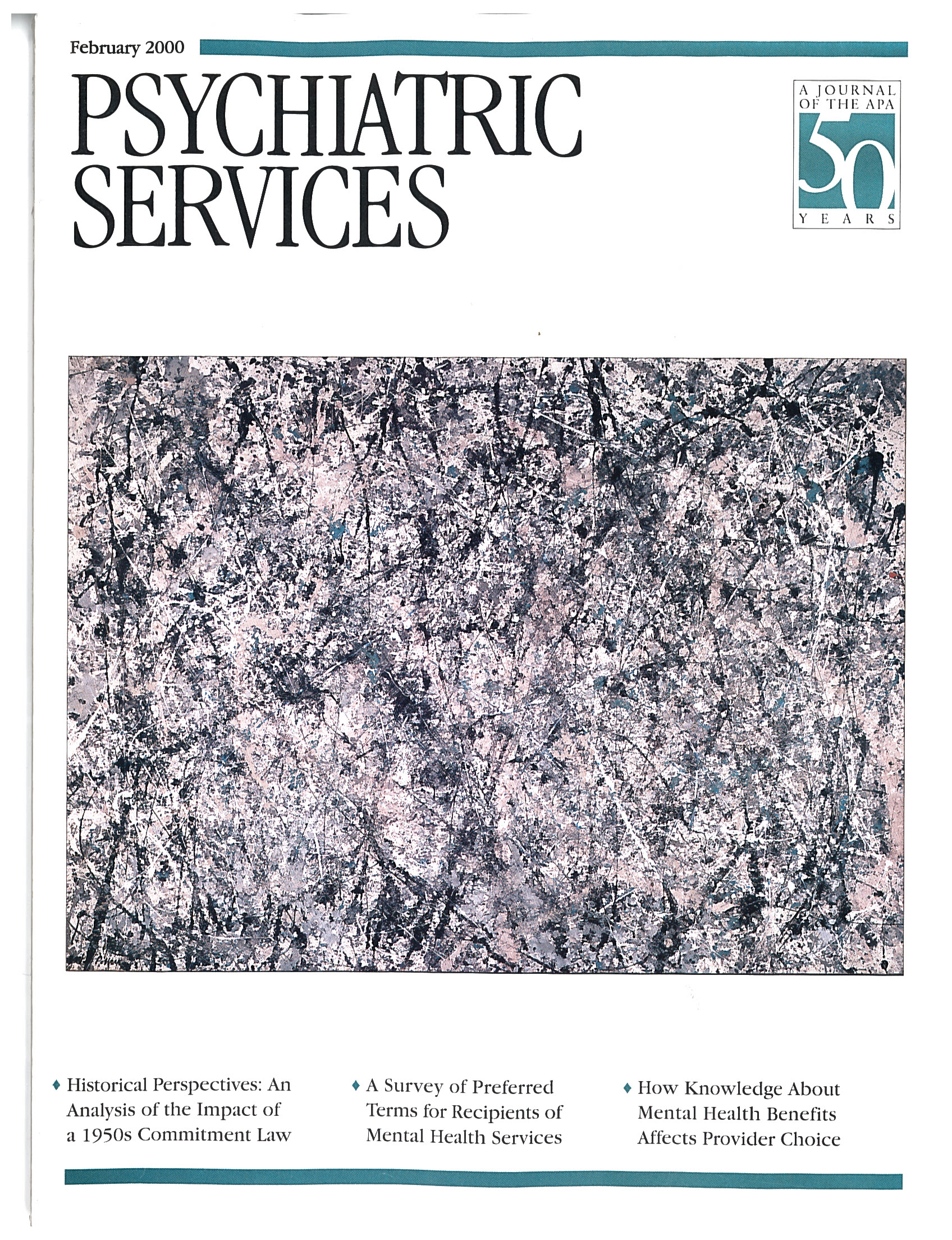Risk Behaviors for Sexually Transmitted Infections Among Men With Mental Disorders
Abstract
OBJECTIVE: Risk behaviors for sexually transmitted infections among men with mental disorders who were using outpatient psychiatric services and among men who had never been treated for a mental disorder were compared. METHODS: Ninety-two men with major mental disorders, including schizophrenia, bipolar disorder, and mood disorders, were individually matched for age and ethnicity with 92 men who had never been treated for mental illness. All subjects completed a semistructured interview about specific risk behaviors for sexually transmitted infections that they may have engaged in during the preceding year. RESULTS: The 49 patients with mental disorders who had been sexually active in the preceding year were significantly more likely than the 78 sexually active comparison subjects to have known their sexual partner for less than one day and to report having been pressured into unwanted sexual intercourse. A strong but not significant trend was found for sexually active patients to have had sex with a male partner and sex with a drug user. Overall, the patients with mental disorders answered ten questions measuring AIDS knowledge questions significantly less well than the comparison subjects. CONCLUSIONS: The results underscore the priority for developing programs for preventing risk behaviors for sexually transmitted infections among men with mental disorders.



